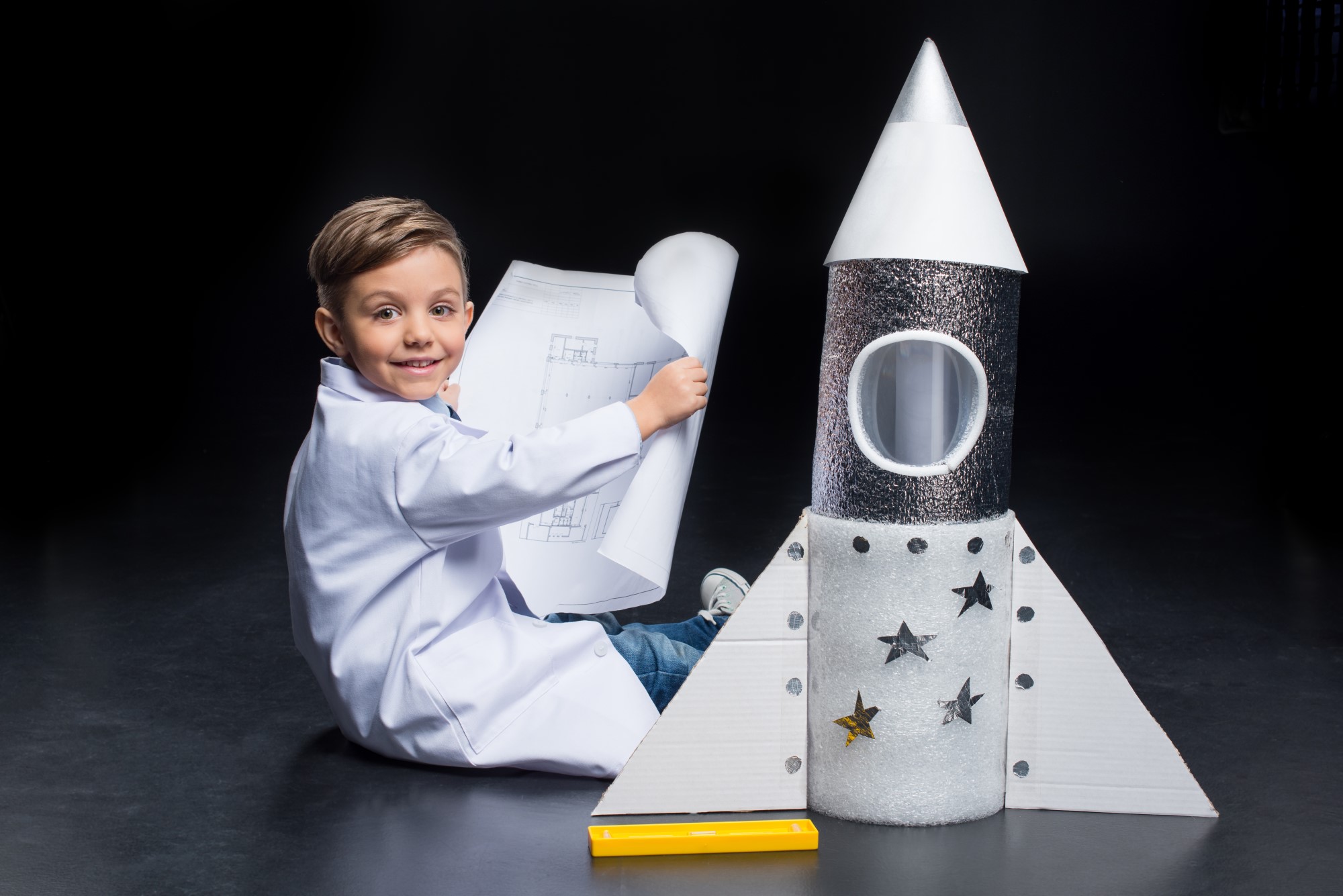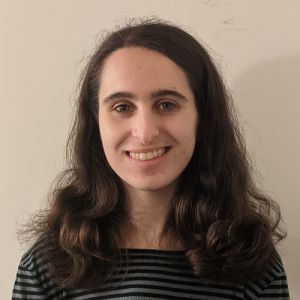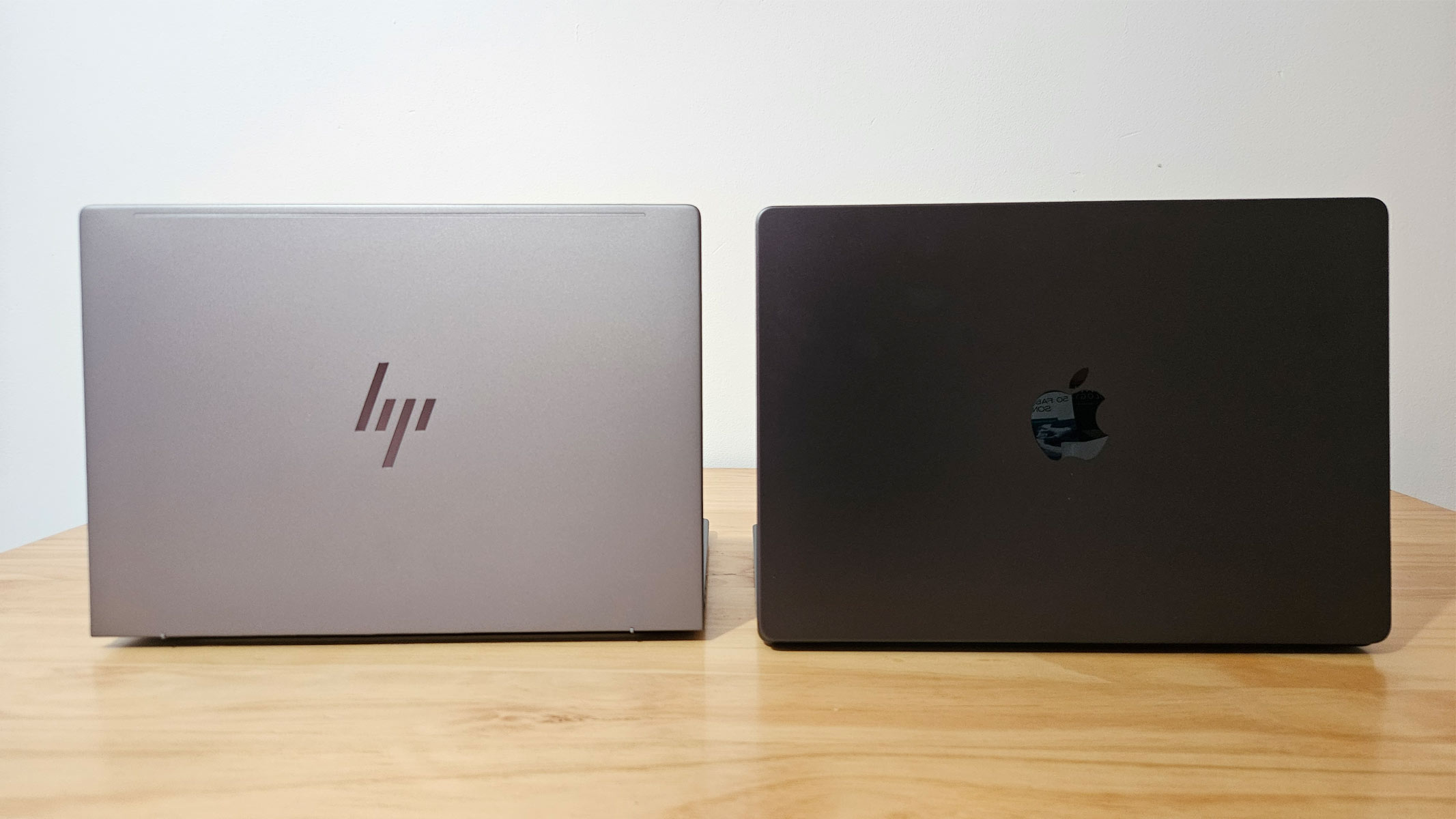Rocket scientists aren't any smarter than the rest of us, science says
It's really not rocket science.

The phrase "It's not rocket science" is commonly used to describe tasks that aren't difficult or complicated. But are rocket scientists really smarter than everyone else?
That was a vital question that researchers sought to answer in a new study published in the annual light-hearted Christmas issue of the high-profile medical journal BMJ; the study also applied the analysis to brain surgeons. The study was led by researchers at universities and hospitals in London and Bristol, as well as U.K. charity Brainbook, which is dedicated to science communication and engagement with neuroscience.
Researchers gave a test called the Great British Intelligence Test to both aerospace engineers and neurosurgeons. The test evaluates areas of cognition like planning and reasoning, working memory, attention, and emotional processing.
Related: How rockets work: A complete guide
The researchers compared the results of 300 aerospace engineers to those of 72 neurosurgeons from across the United Kingdom, Europe, the United States, and Canada, as well as to the scores of 18,257 members of the British public who took the same test. Over 250,000 British people have taken the test as part of the BBC Two "Horizon" program's GBIT project.
The neurosurgeons scored higher than the aerospace engineers in semantic, or word-based, problem solving, while the aerospace engineers scored higher in mental manipulation and attention than the neurosurgeons. There were no other notable differences between their scores.
But how did the sayings hold up? Compared to the general population, neurosurgeons had faster problem-solving speeds but slower memory recall. There were no notable differences between the scores of aerospace engineers and the general population.
Breaking space news, the latest updates on rocket launches, skywatching events and more!
"In situations that do not require rapid problem solving, it might be more correct to use, 'It's not brain surgery,' but in situations where rapid information recall is needed this phrase should be avoided," the authors wrote in the study.
The researchers aren't sure what could be behind the differences they detected. It's possible, they wrote, that neurosurgeons would perform better on word-based tasks than aerospace engineers because of their medical training, which involves learning the Latin and Greek roots of medical terms. Aerospace engineers go through training which teaches skills like attention and manipulating objects in their minds, which could explain why they would perform better on those tasks.
The differences between the two groups and the general population are also hard to interpret, according to the researchers. The authors wrote that though neurosurgery does involve rapid problem-solving, previous research shows that solving problems quickly is not an easy skill to teach. It's more likely, they write, that people who already have quick problem-solving skills tend to be attracted to the field. It's unclear why neurosurgeons might have slower memory recall.
The study has several limitations, including its limited geographic reach and sample size. But though the study was lighthearted, ideas about what kind of people can go into fields like neurosurgery and aerospace engineering have real consequences. Women, people with lower socioeconomic status, and people who are not white might be less likely to go into science because of these kinds of associations. Previous research shows that students tend to view science, technology, engineering and math (STEM) as "masculine" and "clever."
Regardless, it's clear that in general, rocket scientists and brain surgeons aren't really any smarter than the rest of us and might not deserve to be put on a pedestal. The question is, who does?
"Other specialties might deserve to be on that pedestal, and future work should aim to determine the most deserving profession," write the authors.
The research is described in a paper published Dec. 13 in The BMJ.
Follow us on Twitter @Spacedotcom and on Facebook.

Rebecca Sohn is a freelance science writer. She writes about a variety of science, health and environmental topics, and is particularly interested in how science impacts people's lives. She has been an intern at CalMatters and STAT, as well as a science fellow at Mashable. Rebecca, a native of the Boston area, studied English literature and minored in music at Skidmore College in Upstate New York and later studied science journalism at New York University.
